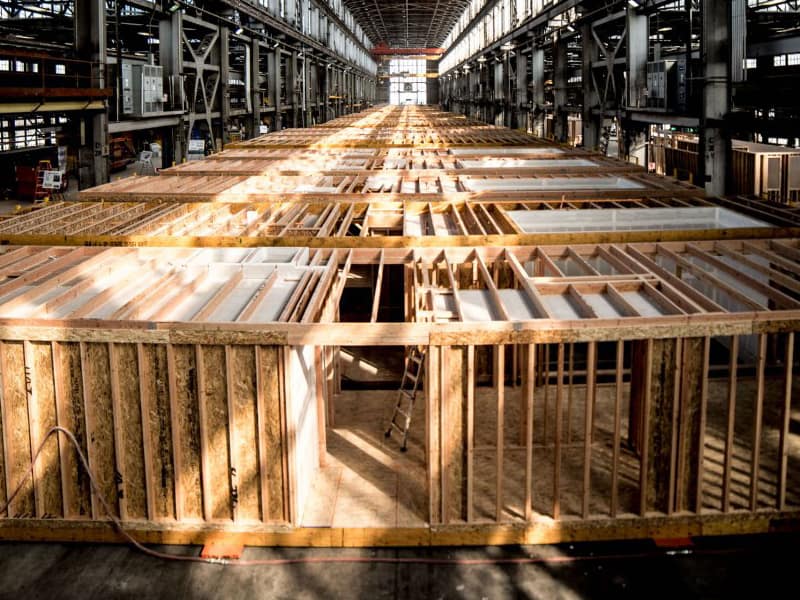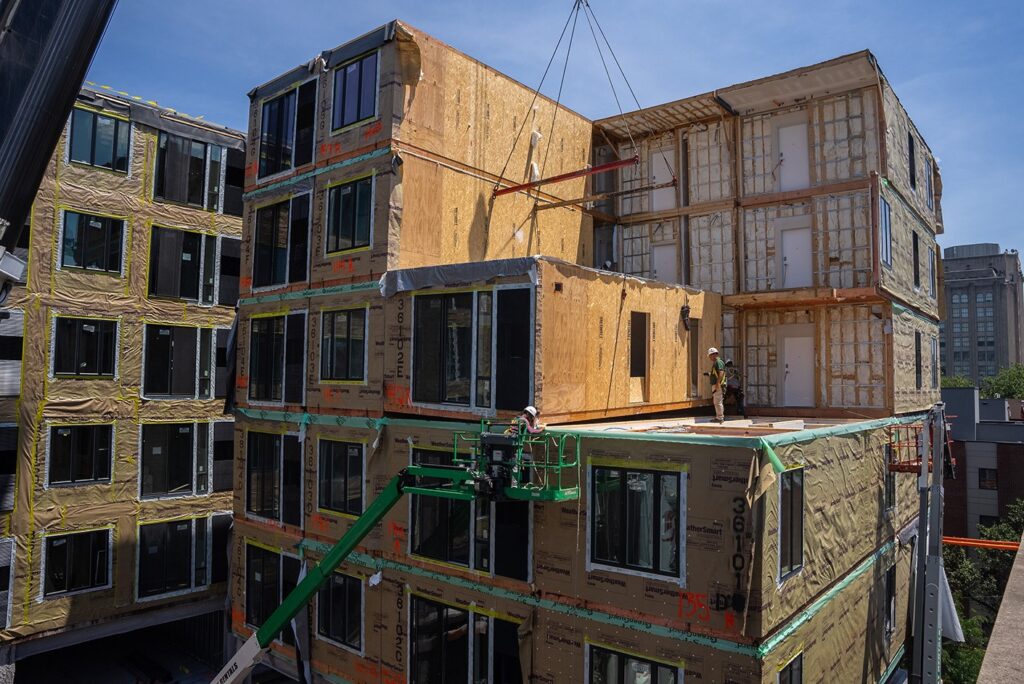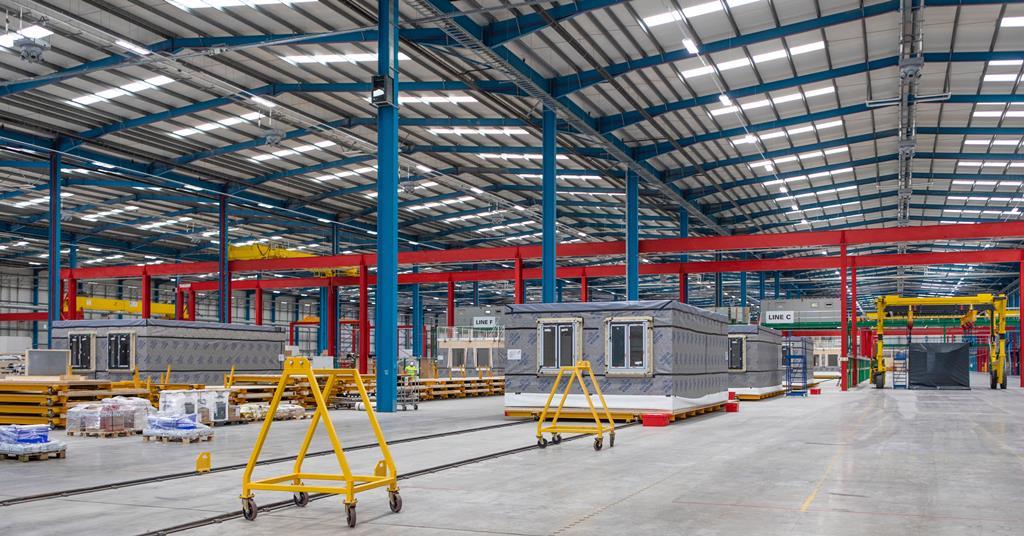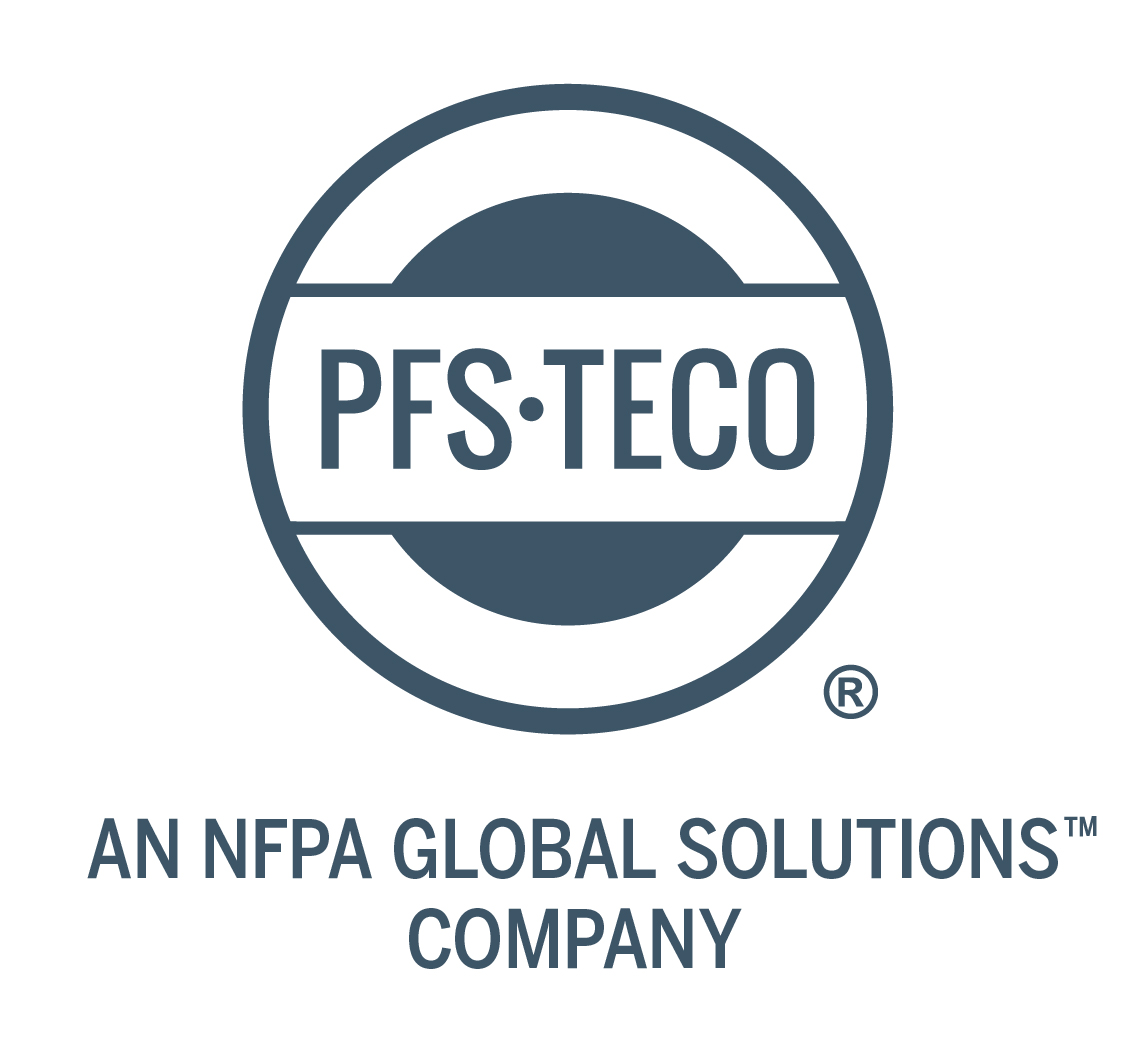Modular construction promises to redefine traditional methodologies with its efficiency and sustainability. For developers venturing into the realm of modular construction, the journey is laden with unique opportunities and challenges. Herein lies a comprehensive guide, designed to illuminate the path for those contemplating a partnership with a modular factory.
The Foundation of Modular Construction
At its core, modular construction is about assembling pre-fabricated sections of a building, crafted with precision in the controlled environment of a factory. This approach not only accelerates the construction timeline but also enhances quality control, potentially reducing costs. Yet, it’s not without its hurdles—navigating the logistics of transportation and adhering to design constraints necessitate a keen understanding of the modular process.
Architectural Adaptation and Design Ingenuity
Transitioning from traditional to modular construction demands a paradigm shift in design philosophy. The necessity to pre-plan for the modular units’ transportation and installation imposes constraints on size and structural integrity. Early and ongoing collaboration with your modular partner is critical, ensuring designs are not only feasible but optimized for this innovative construction method.
Navigating Regulatory Landscapes
Modular buildings are subject to the same rigorous standards as their traditional counterparts, albeit with additional layers of complexity due to off-site construction. Familiarity with local building codes and a proactive approach to compliance are paramount, ensuring your project proceeds without regulatory hiccups.

photo – factory OS
Choosing Your Modular Ally
The choice of modular factory can make or break your project. It’s imperative to select a partner with a proven track record in projects akin to yours, whether they be residential, commercial, or something more niche. Assess potential partners on their experience, capacity, commitment to quality, and, importantly, their collaborative ethos.
Financial Planning and Cost Management
While modular construction offers cost-saving potentials, it’s essential to have a clear understanding of the financial landscape. From transportation and crane installation costs to the nuances of site preparation, comprehensive budgeting is key. An awareness of the payment schedule, often requiring substantial upfront investment, is also crucial.
Synchronizing Timelines
One of the most enticing advantages of modular construction is the prospect of a condensed project timeline. Achieving this, however, requires meticulous synchronization of factory production, site preparation, and module assembly. Any delay in one segment can ripple through the project, emphasizing the importance of robust project management.

photo – Stream Logistics
Mastering Logistics
The logistical ballet of transporting voluminous modules from factory to site is no small feat. It involves intricate planning around routes, permits for oversized loads, and the mobilization of equipment for on-site module placement. Forethought in logistics planning is indispensable for a smooth execution.
Championing Sustainability
Modular construction stands as a testament to sustainable building practices, minimizing waste and optimizing material usage. If environmental stewardship aligns with your project goals, prioritize factories that embrace green materials and eco-conscious processes.

photo – VBC
The Art of Communication
The success of a modular construction project hinges on the seamless interaction between all stakeholders—developers, factory teams, architects, and contractors. Fostering an environment of open communication and regular updates is essential in preempting and addressing challenges.
Securing After-Sales Support
Considering the significant portion of construction occurring off-site, reliable after-sales support from your modular partner is crucial. This safety net ensures that any post-installation issues are promptly and effectively resolved, safeguarding your investment.
As developers embark on the journey of modular construction, armed with knowledge and a strategic approach, the potential for innovation, efficiency, and sustainability within the construction industry is boundless. Understanding the intricacies of working with a modular factory can dramatically increase the odds of project success, marking a significant step forward in the evolution of building practices.
.
CLICK HERE TO READ THE FEBRUARY ISSUE
.
Gary Fleisher is a renowned blogger and commentator on construction and housing trends, known for his insightful analysis of the industry.












